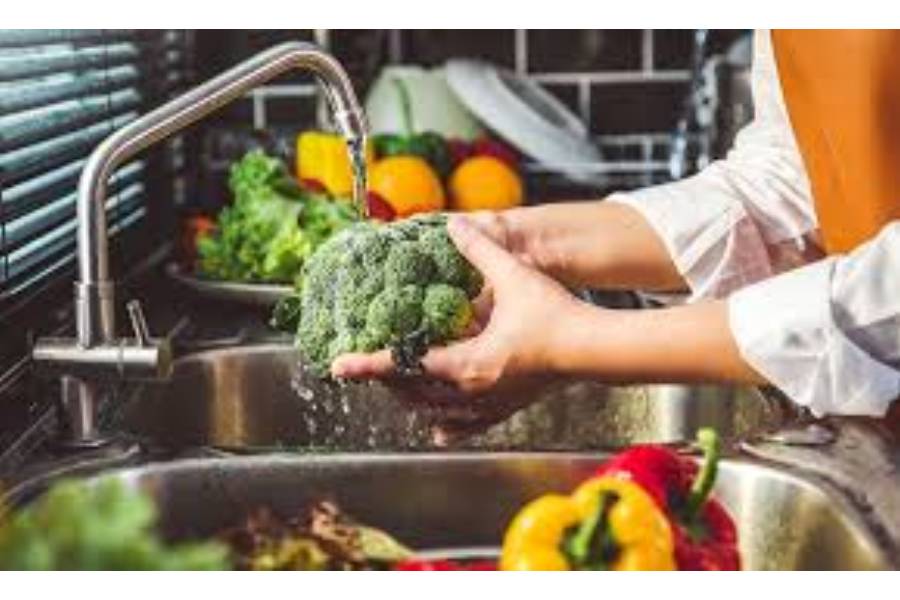

Food security is a major concern in this densely populated country, so the government increased budget allocation for agricultural imputes and subsidies to encourage production for 2025-26 fiscal year.
The national budget for the fiscal year beginning July 1 was unveiled by Finance Adviser Salehuddin Ahmed in a televised speech on Monday, reports UNB.
To increase agricultural production, activities are underway to develop climate-resilient crop varieties and improved farming technology, supply of agricultural inputs at affordable prices, expansion of irrigation areas, development of marketing system, agricultural mechanization, etc. Subsidies are being provided where necessary. Exports of agricultural products are also encouraged after meeting the domestic demand.
In the current fiscal year, agricultural inputs and cash incentives have been provided under the ‘Agricultural Rehabilitation Assistance’ programme. Small and marginal farmers affected by floods have also been provided assistance from this program. To ensure adequate supply of emergency agricultural inputs like fertilizers, our government has expedited the payment of subsidies for both imported and domestically produced fertilizers covering the trade gap and the payment of arrears in fertilizer subsidies. Subsidies for fertilizers and agricultural inputs will be continued in the next fiscal year.
The interim government has taken initiatives to rationalise the use of chemical fertilisers and pesticides to protect biodiversity, maintain soil quality and keep the environment free from pollution.
To increase the use of organic fertiliser, farmer groups and NGOs are also being involved in production, marketing and extension of organic fertilizers. The use of environment friendly technologies is being promoted to prevent the wastage of water during irrigation, better use of surface water and sustainable use of ground water.
To strengthen the overall agricultural production system, including prevention of post-harvest wastage different initiatives have been taken, such as - strengthening cold storage and cold chain infrastructures with packaging, developing agricultural transportation system, creating a comprehensive database of stakeholders in the agriculture supply chain, establishing specialized agro-processing zones, developing port infrastructure for export of agricultural products, etc.
In addition, 59 issues hindering agricultural exports have been identified, and steps have been taken to resolve them.
To ensure food security as well as safe food, various initiatives like purchase of paddy directly from farmers in all upazilas through ‘Krishoker App (Farmers’ App)’, raise awareness, provide training to ensure safe food and instant sample testing through mobile laboratories are underway.
In addition, an action plan has been taken to increase the capacity of food warehouses to 37 lakh metric tons and increase the institutional capacity of tonnage and food grain management in the next fiscal year.


 For all latest news, follow The Financial Express Google News channel.
For all latest news, follow The Financial Express Google News channel.